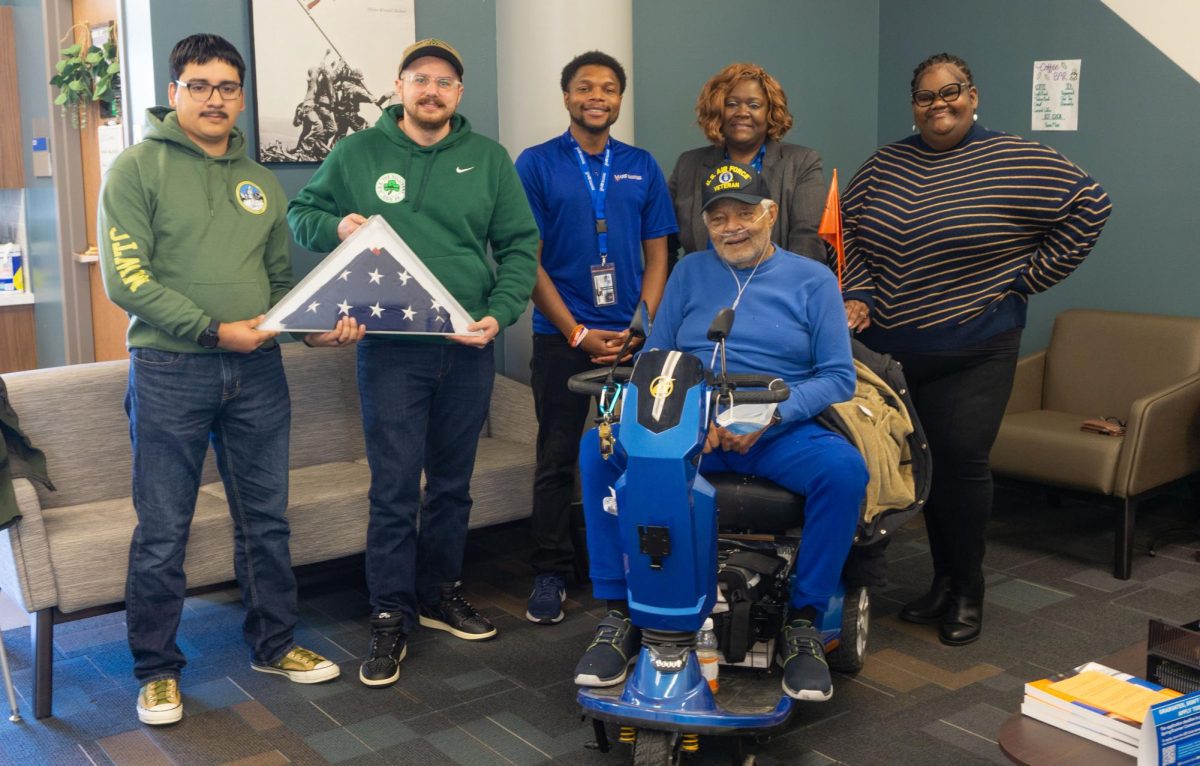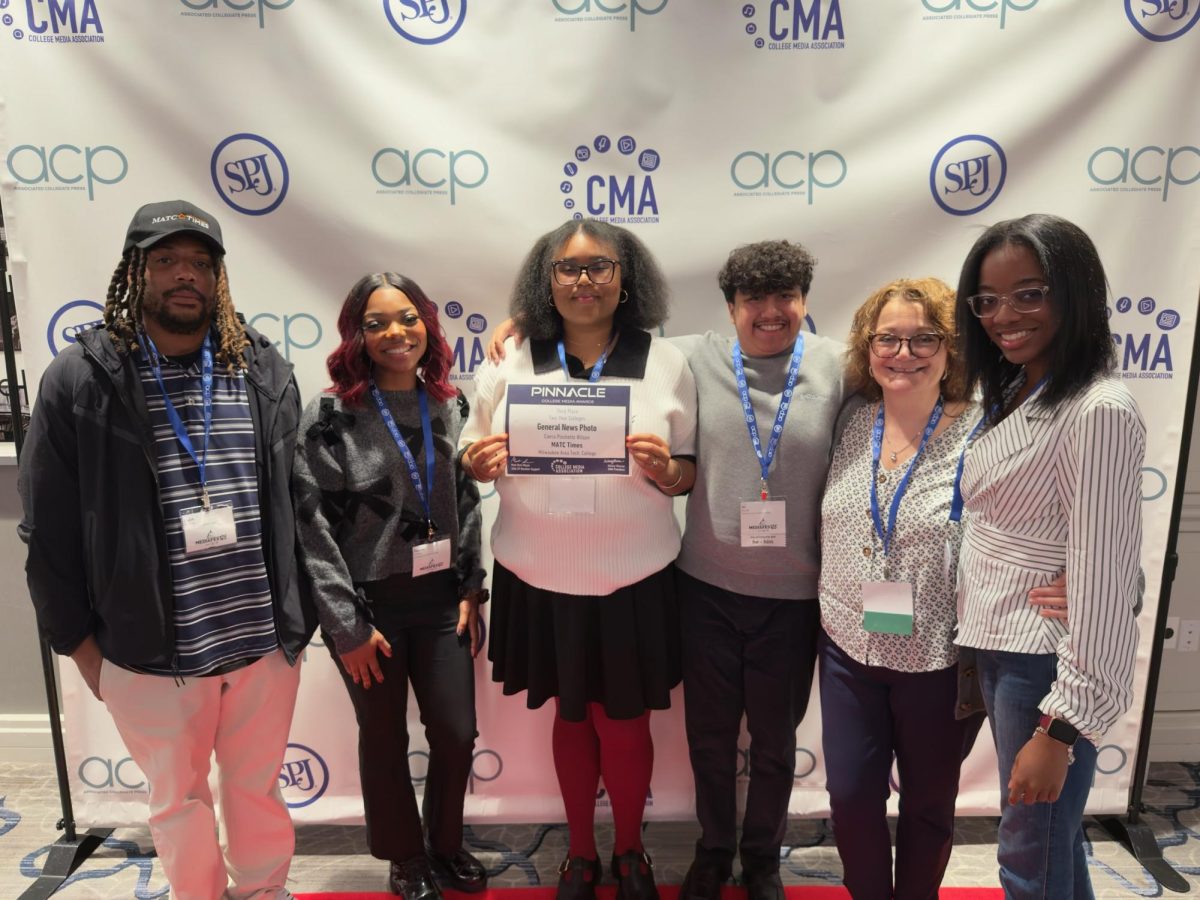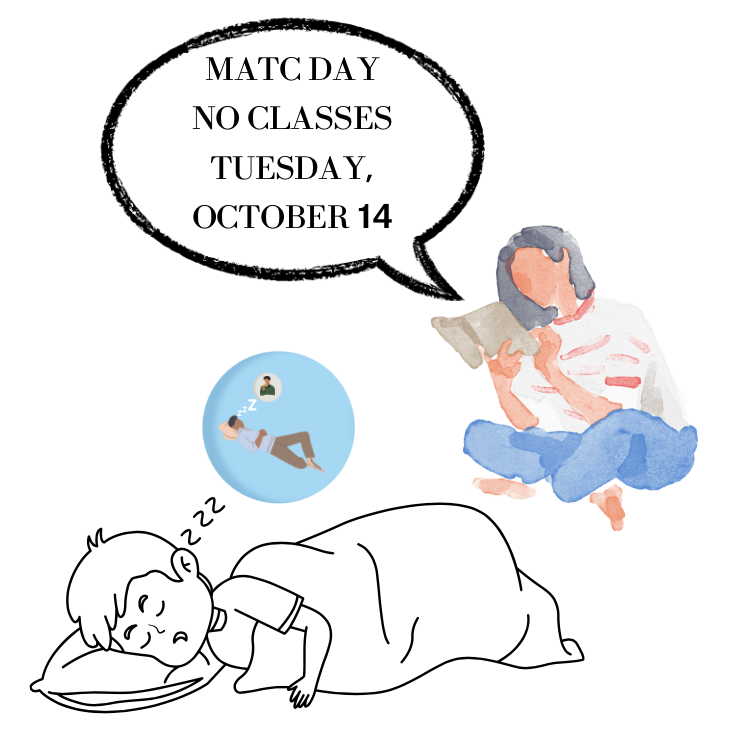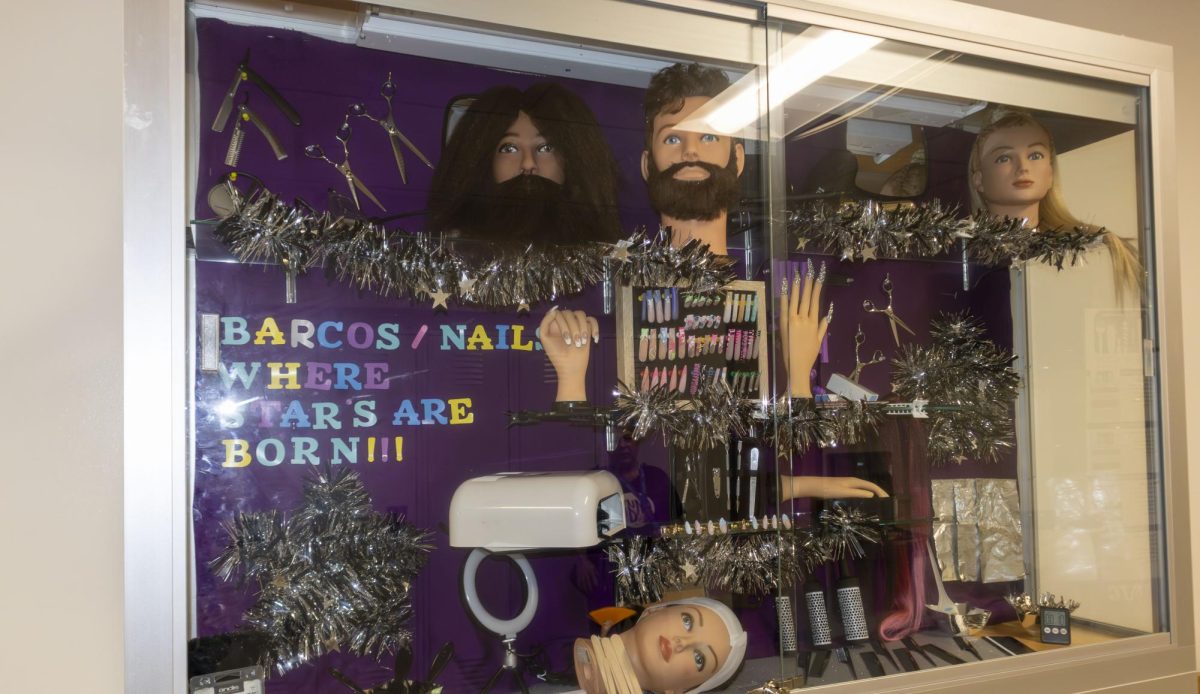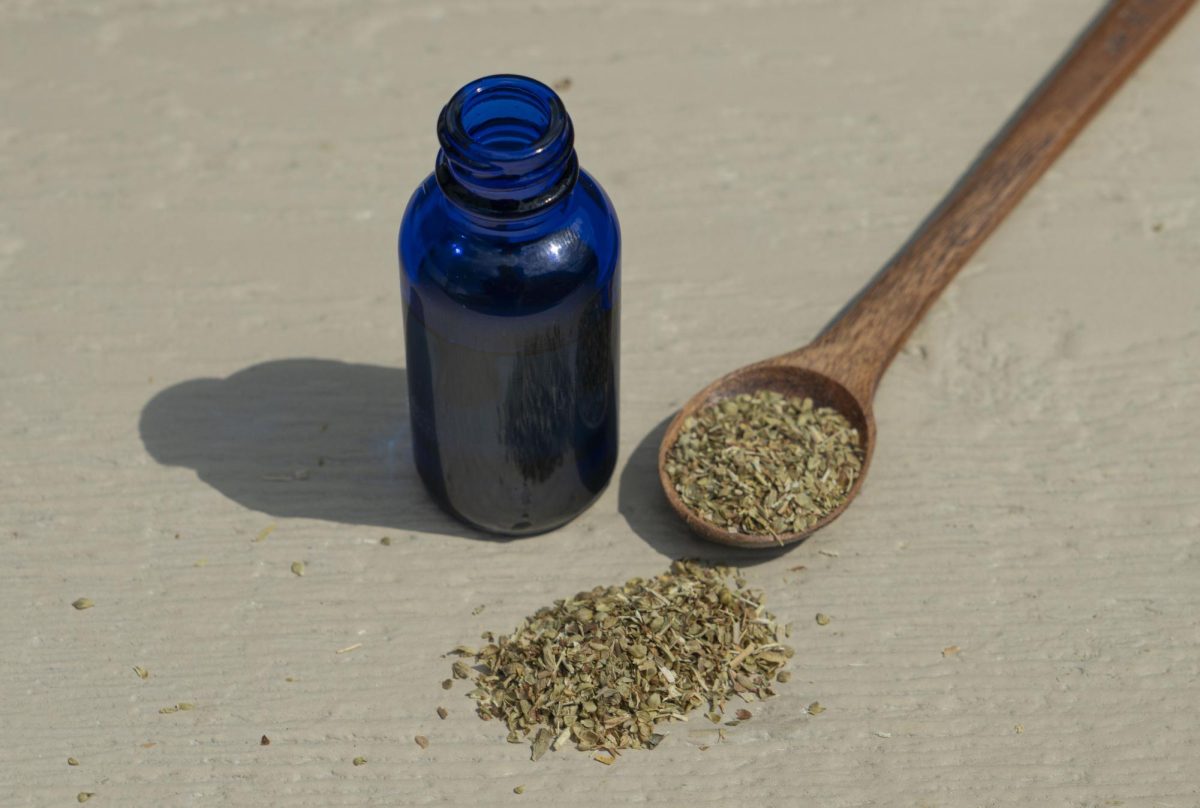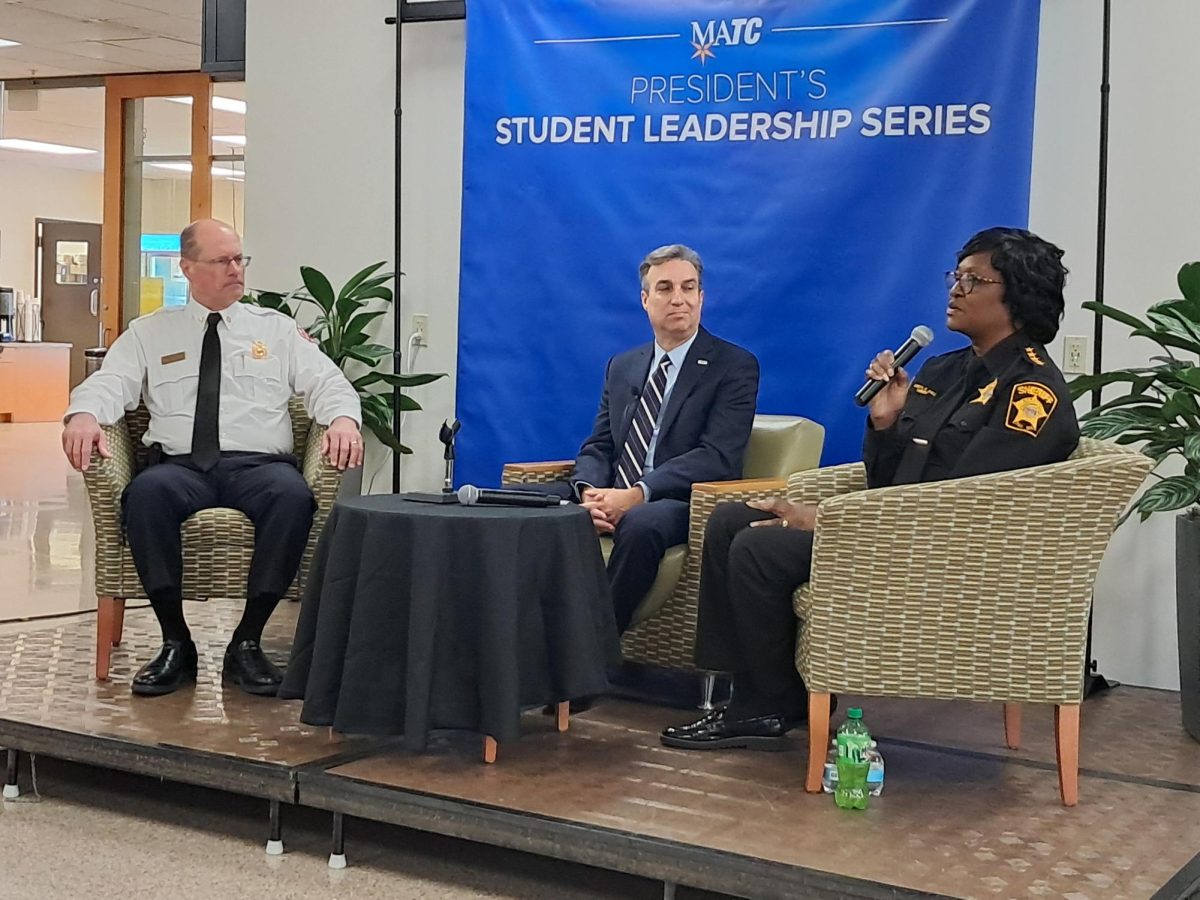Did you know…
- Suicide is the 11th leading cause of death in the U.S.
- Wisconsin rates of suicide death are higher than the national average.
- Every day, 132 people lose their lives to suicide.
Did you also know…
- Death by suicide is preventable.
- Asking for help is not a sign of weakness, but a sign of courage.
- Treatment helps reduce suicide.
(American Foundation for Suicide Prevention Data, August 2023, Centers for Disease Control and Prevention Data & Statistics Fatal Injury Report for 2021)
The Times staff reached out to MATC’s Counseling and Psychological Services (CAPS) team to speak to the MATC community about this important issue. The following letter is from CAPS.
With the beginning of a new semester, the anticipation of a fresh start for many may be muddled or even overshadowed by stressors, new pressures, and big adjustments–and for some, those circumstances may quickly become overwhelming and increase feelings of hopelessness. The Counseling and Psychological Services (CAPS) team at MATC is a resource for students experiencing a wide range of emotionally-distressing issues. Our team is made up of four Licensed Professional Counselors (LPC) and we offer free, private and confidential therapy to MATC students on an appointment basis. The following provides information on suicide risk factors as well as suicide prevention, support and education.
Risk Factors
Suicide is a complex issue. Risk factors include mental health and substance use issues, financial difficulties, physical illness, social isolation or marginalization, trauma, and ease of access to lethal means such as firearms. With education and support, these risks can be decreased and suicide can be prevented (Wisconsin Suicide Prevention Plan, 2020).
Prevention
To prevent suicide, we need to be able to approach the subject openly and without shame. How we talk about suicide matters–if you know or suspect someone is having thoughts about suicide, asking calm, direct questions is the most effective way to open the conversation and help get someone the support they need. It is important to remember that by expressing concern, you can’t cause someone to become suicidal–and that asking someone if they are having feelings of harming themselves can be the lifeline they need to get help.
If you become concerned that someone might be suicidal, you can follow the QPR (Question, Persuade, Refer) model of intervention:
Question: In a private setting, ask straightforward questions, for example: “I overheard something you said that made me concerned. Are you thinking about suicide?”
Persuade: If the person is having thoughts about suicide, let them know help is available, and encourage them to let you help them get support. You can say, “Will you let me assist you to get some help?”
Refer: Facilitate a referral to another resource that is equipped to assess and manage a crisis. At MATC, Public Safety is available 24/7 to respond to crisis situations. You can also call 911 and ask for a mental health crisis intervention. Make sure that the suicidal person is not left alone during the transfer of support.
Mental Health Support
The MATC CAPS team provides free therapy for students, but we are not a crisis center (always call 911 in a life-threatening emergency such as suicide). We also provide education, resources and support to the MATC community. CAPS can be reached via email at: [email protected]
You may contact individual CAPS team members at:
Carlos Aranda (Bilingual Spanish), LPC, [email protected], 414.297.7336
Kate Cunningham, LPC, [email protected], 414.297.8389
Nicole Gustafson, LPC, [email protected], 414.571.4566
Nicole Wheatley, LPC, [email protected], 262.238.2469
Education
Upcoming campus events related to suicide prevention:
- QPR Gatekeeper Training (suicide awareness and prevention presentation) via Zoom
Tuesday, September 26, 12 p.m.-1 p.m. (English), and 6 p.m.-7 p.m. (Spanish)
Please register here:
QPR (Spanish) 6pm-7pm registration
- Mental Health First Aid (identify, understand, and respond to signs of mental illness and substance use disorders)
Friday, October 6, 8 a.m.-3:30 p.m. Milwaukee Campus, Room T212/T213
The National Suicide Prevention Lifeline is available 24 hours per day, 7 days per week. Call or text 988.
Here is a link to a depression test from Mental Health America. It is important to note this is a non-diagnostic tool. Please follow the guidance given by CAPS and remember asking for help is not a sign of weakness, but a sign of courage.

